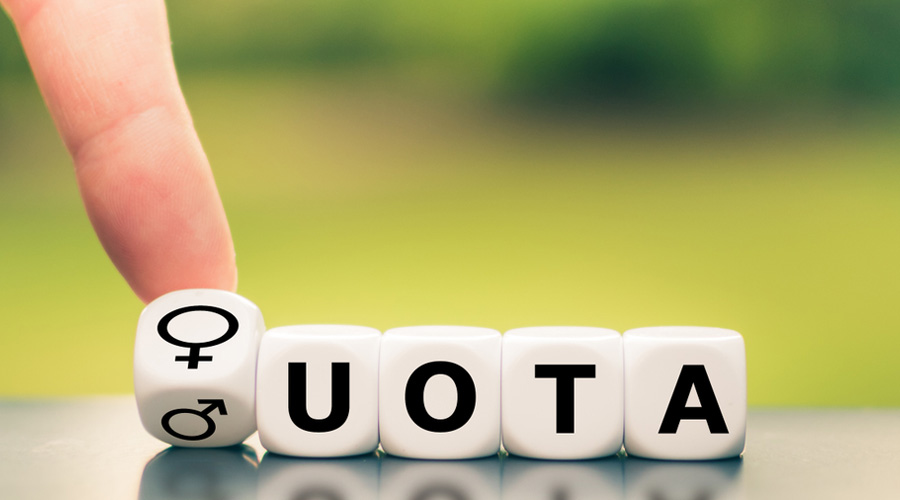Equality cannot be calculated by means of sums and percentages even if the task of administration makes such calculations necessary. Some questions lay bare the difficulties surrounding the notion of equality in this populous country of many castes and faiths. Can poverty be the basis for reservations in education and employment? Not poverty of the ‘educationally and socially’ disadvantaged classes, which have already been awarded reservations according to the constitutional mandate. Reservations for economically weaker sections exclude the scheduled castes, scheduled tribes and other backward classes which were identified by the principles of historical injustice and lack of representation in jobs and professions. The EWS category is for the poor among the dominant castes only. It is based on finances and on caste. It arose out of the current Indian government’s perception of inequality and was introduced as a constitutional amendment just before the 2019 elections that returned the Narendra Modi government to power. Petitions challenging the amendment are now before the Supreme Court.
The government has kept the EWS quota at 10 per cent, drawing it from the general category so as not to disturb the reservations already there. A scholar has pointed out that this is an illusion. The bottom segment of the 50.5% general category is often filled by a small number of candidates from disadvantaged sections; once this is brought down to 40.5%, the disadvantaged candidates would lose this opportunity to enter the general stream. But the scholar did not speak in court, where the arguments on either side were presented. His arguments were part of a call to upper-caste people to protest against the EWS quota as it is unconstitutional according to him. The members of dominant castes, even when poor, are not socially and educationally backward or marginalised, neither are they under-represented. The scholar may have felt that a protest from the dominant castes could help his cause. But equality is a state of mind: would India’s privileged segments champion a point of view that runs contrary to an advantage offered by the government? Or would it vote for the party that makes this legitimate? Acceptance of equality as a way of life would have eliminated caste and other divisive categories long ago. That has not happened yet, although the scholar’s effort is striking in its conviction.










